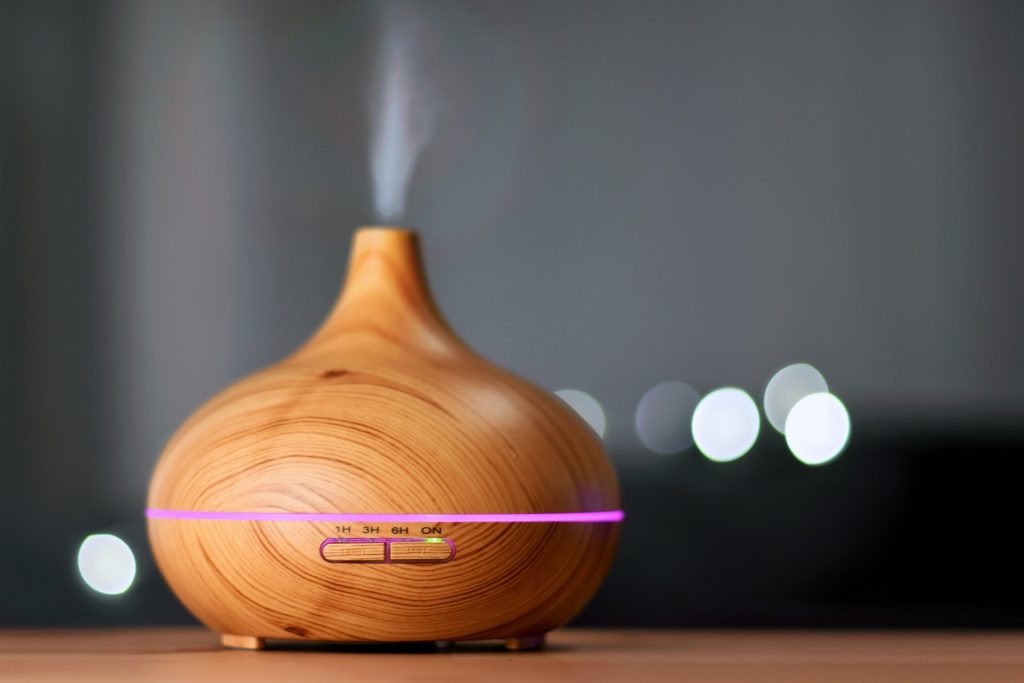by MARSHALL BONE
Do you suffer from dry eyes? If so, you’re not alone. Millions of people around the world experience this condition on a daily basis. Dry eye problems can be caused by a variety of issues, including hormone changes, autoimmune disease, allergic eye disease, or inflamed eyelid glands. This can be incredibly uncomfortable and make it difficult to perform everyday tasks.
Luckily, some simple home remedies can help relieve dry eye symptoms.
Use Artificial Tears or Saline Solution to Moisten Your Eyes
If you have dry eyes, your tears aren’t providing enough lubrication for your eyes. You can use artificial tears or saline solution to moisten your eyes and help relieve the symptoms of dry eyes. Just be sure to use artificial tears or saline solution that’s preservative-free, as preservatives can irritate your eyes and worsen your dry eye symptoms.
Artificial tears are available over the counter, and you can find them in both drop and gel form. Saline solution is also available over the counter, but it’s important to note that not all saline solutions are created equal. Make sure to read the labels carefully and consult with your doctor or pharmacist to find the right solution.
Drink Plenty of Water and Eat Omega-3 Rich Foods
Your tears are made up of 98% water, so it’s no surprise that one of the most effective home remedies for dry eyes is to simply drink more water throughout the day. You can also increase your intake of omega-rich foods such as salmon, walnuts, and flaxseed oil, which will help to keep your eyes lubricated.
You can also consider using some herbs that provide relief from dry eyes. Amazing Herbs notes that some of the most effective herbs for this purpose include black seed oil, chamomile, fennel seed, and coriander. Simply brew a cup of herbal tea using any of these ingredients and drink it several times throughout the day.
Use Lubricating Gels Before Bedtime
If you often wake up with dry eyes, it may help to use a lubricating gel before bedtime. Applying the gel to your eyelids can help keep them moist overnight. Thicker gels may be more effective than thinner ones. You can also try using a gel that contains omega-three fatty acids, which can help reduce inflammation.
If you’re not sure which type of gel to use, ask your doctor or pharmacist for a recommendation. Lubricating gels work by forming a barrier on the surface of your eye. This helps to keep moisture in and irritants out. You should apply the gel to your eyelids, not directly to your eyes.
Use a Humidifier
 Dry air is a common culprit of dry eyes. Heaters in the winter and air conditioners in the summer can make indoor air pretty parched. Dry office environments can also aggravate dry eye symptoms. If you suffer from dry eyes, using a humidifier may help relieve your symptoms. You can purchase a humidifier for your home or office or use a bowl of water and a towel.
Dry air is a common culprit of dry eyes. Heaters in the winter and air conditioners in the summer can make indoor air pretty parched. Dry office environments can also aggravate dry eye symptoms. If you suffer from dry eyes, using a humidifier may help relieve your symptoms. You can purchase a humidifier for your home or office or use a bowl of water and a towel.
Just be sure to clean your humidifier regularly to prevent the growth of mold and bacteria. You should also keep an eye on the humidity level in your home or office, as too much humidity can also cause problems. The ideal relative humidity for relieving dry eye symptoms is between 40 and 60 percent. Using a humidifier is also a great way to improve indoor air quality.
Blink More Often Throughout the Day
Another home remedy for dry eyes is to blink more often. Blinking helps spread your tears over the surface of your eyes and keeps them lubricated. If you work at a computer all day, make a conscious effort to blink frequently. Blinking is the natural way to keep your eyes moist and healthy, so don’t be afraid to do it more often throughout the day.
Apply Warm Compresses to Your Eyes
One of the simplest things you can do to soothe your dry eyes is to apply warm compresses for a few minutes at a time. You can use a store-bought eye mask or simply soak a clean cloth in warm water and apply it to your closed eyelids. The warmth will help increase blood flow to the area and promote tear production.
If you don’t have time for a warm compress, try splashing your face with warm water several times throughout the day. This will help wash away any irritants that may contribute to your dry eyes and help increase tear production.
Avoid Eye Strain
If you spend a lot of time staring at screens, whether it’s your computer, phone, or TV, you may want to consider investing in a pair of blue light-blocking glasses. These can help to reduce eye strain and prevent dryness. You should also take breaks every 20 minutes or so to give your eyes a rest.
The 20-20-20 rule is a good way to avoid eye strain. Every 20 minutes, take a 20-second break from looking at your screen and focus on something else that’s 20 feet away. This will help to reduce eye fatigue and keep your eyes healthy. Avoiding eye strain is particularly important if you have dry eyes.
Wear UV Sunglasses Outdoors
 Another simplest and effective way to combat dry eyes is to wear sunglasses wherever you go outside. This will help protect your eyes from the sun’s harmful UV rays, which can contribute to dryness. Make sure to choose a pair of sunglasses that wrap around your face so that they offer maximum protection.
Another simplest and effective way to combat dry eyes is to wear sunglasses wherever you go outside. This will help protect your eyes from the sun’s harmful UV rays, which can contribute to dryness. Make sure to choose a pair of sunglasses that wrap around your face so that they offer maximum protection.
Get Out of the Wind
You should also avoid drafts and wind, which can further irritate your dry eyes. If you must go outside on a breezy day, wear wraparound sunglasses or goggles to shield your eyes from the wind. Windy conditions can lead to further irritation for people who already have dry eyes.
In addition to the wind, smoke from cigarettes, campfires, and fireplaces can also irritate your eyes and make them feel drier. If you’re exposed to any of these things on a regular basis, it might be time to cut back or take some extra precautions to protect your eyes.
Get Regular Eye Exams
Finally, don’t forget to get regular comprehensive eye exams. Dry eyes can often be a symptom of another condition, such as allergies, blepharitis, or meibomian gland dysfunction. An eye doctor can help determine the cause of your dry eyes and recommend the best treatment options.
In some cases, you may need to use a combination of treatments to find relief. But with the right care, you can keep your eyes healthy and comfortable. Go ahead and use these home remedies for dry eyes to enjoy the relief you need. If the problem is affecting your day-to-day life, it’s time to see an eye care health specialist.
 Marshall Bone is a writer, copy strategist and all-around stylish guy who has been following trends in GQ for more than two decades. Voted best-dressed both his junior and senior year, Bone has continued this legacy and can be found covering various topics from men’s fashion to self care and grooming. He enjoys reading and is based in the greater Los Angeles area.
Marshall Bone is a writer, copy strategist and all-around stylish guy who has been following trends in GQ for more than two decades. Voted best-dressed both his junior and senior year, Bone has continued this legacy and can be found covering various topics from men’s fashion to self care and grooming. He enjoys reading and is based in the greater Los Angeles area.





